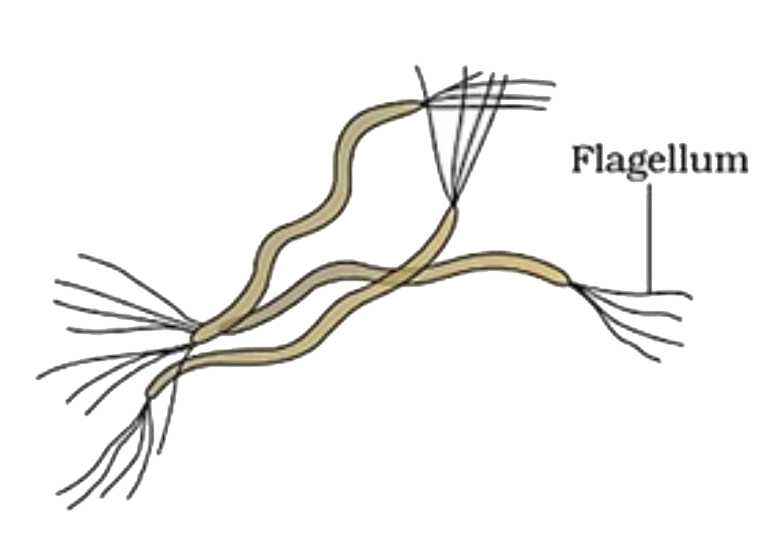Which one of the following is the correct description of a certain part of a normal human skeleton ?
Parietal bone and the temporal bone of the skull are joined by fibrous joint.
First vertebra is axis which articulates with the occipital condyles.
The 9 and 10th pairs of ribs are called the floating ribs.
Glenoid cavity is a dipression to which the high bone articulates.
The correct Answer is:A
Step by step video & text solution for Which one of the following is the correct description of a certain part of a normal human skeleton ? by Biology experts to help you in doubts & scoring excellent marks in Class 12 exams.
Updated on:21/07/2023Similar Questions
Knowledge Check
Which one of the following is the correct description of a certain part of a normal human skeletion
AParietal bone and the temporal bone of the skull are joined by fibrous jointBFirst vertebra is axis which articulates with the occipital condylesCThe 9th and 10th pairs of ribs are called the floating ribsDGlenoid cavity is a depression to which the thigh bone articulatesWhich one of the following is correct description of a certain part of a normal human skeleton ?
AParietal bone and the temporal bone of the skull are joined by fibrous jointBFirst vertebra is axis which articulates with the occipital condylesCThe 9th and 10th pairs of ribs are called the floating ribs.DGlenoid cavity is a depression to which the thigh bone articulates.Which one of the following is NOT a correct description of median ?
AIt is not affected by extereme values.BFor odd number of value (n), median is (n+1)/2.CIt is based on all observations of data.DIt can be determined graphically.
Which of the following is the correct description of the bacterium given below ?

View SolutionWhich of the following is not correct description?
View SolutionWhich of the following provides correct description of human dentition?
View SolutionWhich of the following is the correct description of the mechanism of action of a copper IUD?
View SolutionWhich of the following is the correct description of the mechanism of action of a combined pill ?
View Solution
